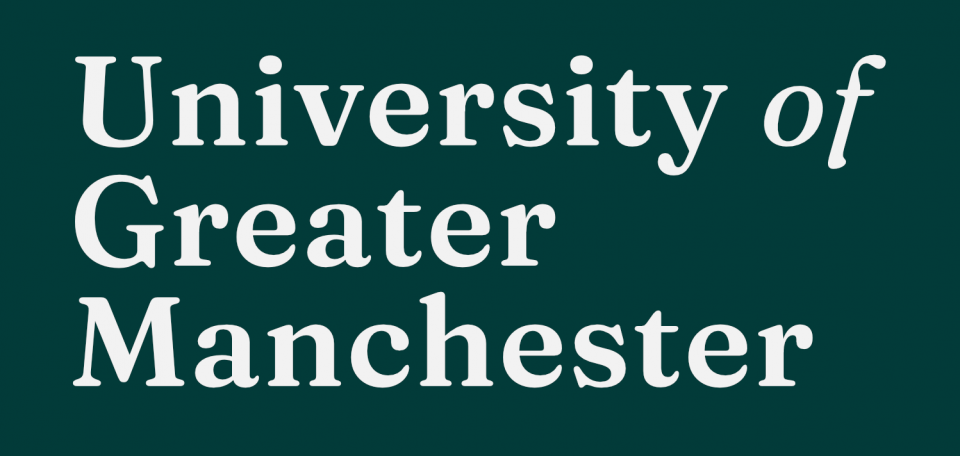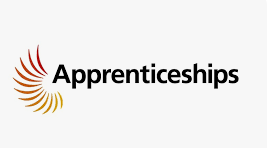The University of Bolton is Now the University of Greater Manchester

We are delighted to share an exciting and historic announcement: as of 19th December 2025, the University of Bolton officially changed its name to the University of Greater Manchester. This change marks a significant milestone in our journey, reflecting the growth, impact, and ambition of our institution.
While our name has changed, our commitment to the town of Bolton and our community remains as strong as ever. Bolton continues to be the heart and home of the University, where our rich history and forward-thinking education have shaped thousands of students. The rebranding reflects our wider regional influence and growing national and international recognition. As we celebrate our 200th anniversary, this new name positions us for an exciting future and greater opportunities to collaborate with local businesses and partners.
Students graduating from 2025 onwards will receive their degrees from the University of Greater Manchester, and all apprenticeships will continue to meet the highest industry standards. For our past graduates, who completed their studies since the University achieved its status in 2005, we are pleased to offer replacement certificates reflecting the new name upon request.
As part of this transformation, we are continuing to strengthen our partnerships with employers. We remain committed to offering flexible, industry-relevant education and training that supports the future of your workforce. We will also be working closely with our partners to ensure that we meet your needs in delivering high-quality apprenticeships, CPD, and professional development opportunities.

















